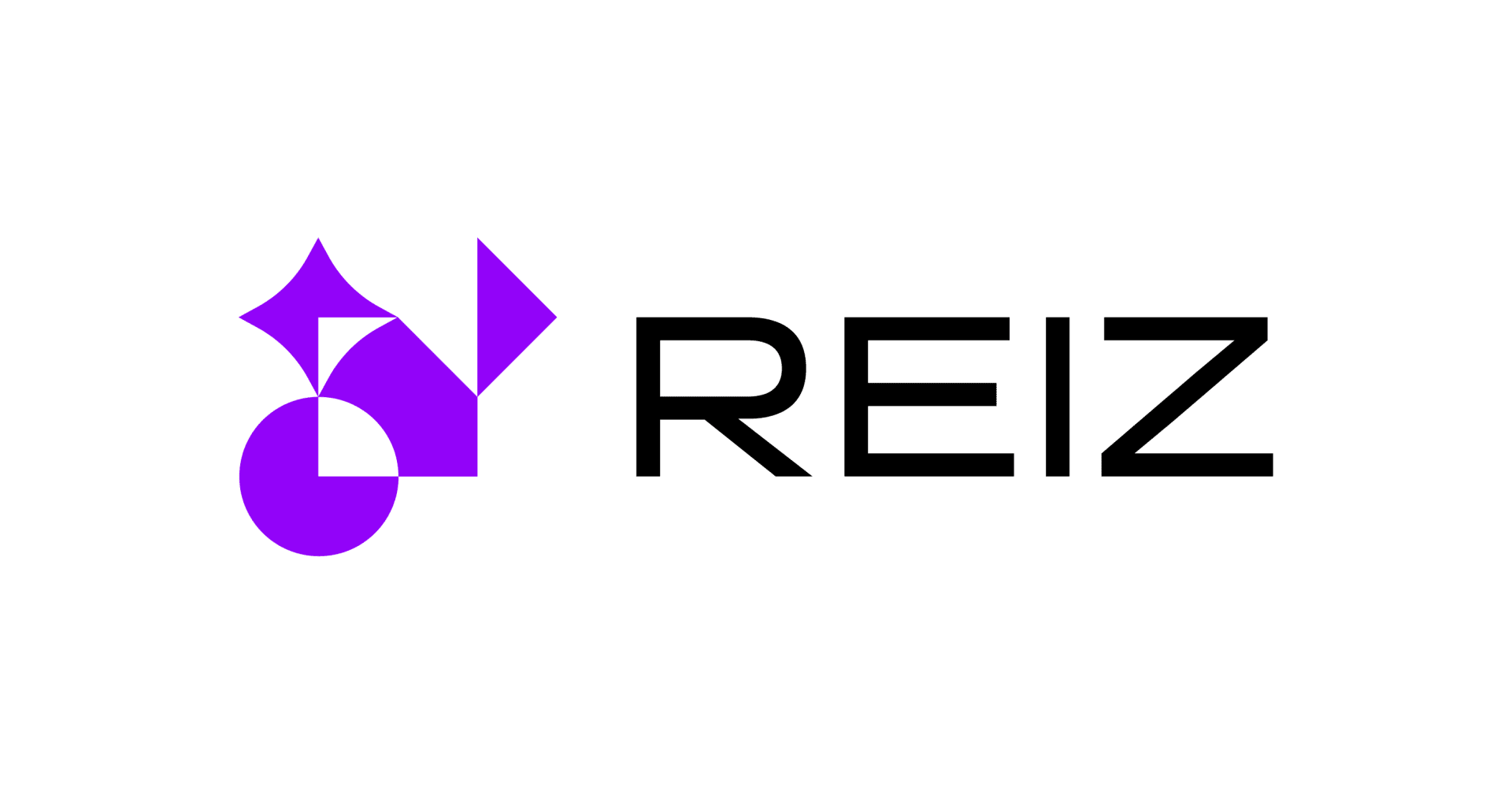Time Management
Although, it is considered to be the most in-demand skill, the majority of working professionals lack it - getting a task done, but not necessarily within the time frame. Time is a resource that can never be recovered, therefore, it can be said that who manages time, manages anything. During the recruitment process, it can be quite obvious how the candidate manages his time, starting with not being late to the interviews, and finishing with submitting the done homework task or needed documentation on agreed time. At first glimpse, it seems like an usual norm, but very often it becomes a challenge for candidates.
Communication
The top soft skill on nearly every list in life is communication. A recruiter will instantly feel if a candidate is able to effectively channel and receive information, ideas, and opinions through verbal and non-verbal ways. This will help the recruiter to predict candidate's ability to find the dialogue with the future's colleagues, resolve disagreements, come up with solutions, and understand the client.
Listening Skills
In workplaces, the main cause of problems often is misunderstanding, and usually those misunderstandings happen because we do not pay attention to what is said. We tend to listen not to understand, but to reply, and this tendency lights up most of the fires among colleagues and teammates. Listening skills can be already seen by the recruiter during the first interview, especially, when a candidate asks questions about the things that were already mentioned.
Flexibility and Adaptability
In today's fast-paced world, being adaptable and a quick learner are important for one's success. Change is usually the only constant thing in the workplace, therefore employers are looking for candidates who are flexible. These characteristics can be already noticed during the first call with a recruiter in the situations when an interview takes longer than planned, or if some unexpected changes occur in the recruitment process.
Enthusiasm and Motivation
It may sound obvious, but candidate's enthusiasm and excitement about a role makes already a good first impression for a recruiter. Employers search for candidates who are genuinely interested in the organization and passionate about what they do. Therefore, put all your energy into your interview and don't give the impression you're bored or ambivalent about the position. Unless you really are, in that case, do not waste neither yours nor recruiter's time, if you can already see that the position is not for you.
Proactivity and Self Development
When candidates ask about what does the Company offer as self-development activities (training programs or certification courses), the recruiter sees that the candidate has a need of improving and growing in the position. It shows not only the aim to improve their performance in daily tasks, but also to proactively find ways to resolve issues, to improve their team's productivity and reach a full potential.
Empathy and Emotional intelligence
Emotional intelligence is the ability to understand and manage your own emotions, as well as recognize and respond to the emotions of others. It's about building strong relationships, resolving conflicts, connecting with people from different backgrounds. During interviews, it is advised to keep a good attitude, even if you're in a bad mood, and do not quit the interview, even if it is not going very well. All of this can be seen and felt by a recruiter, therefore, if you are really interested in a position, you should have this soft skill in mind.
Hard skills can get outdated as technology and methodologies change. Soft skills, on the other hand, stay the same no matter what. It is in your hands how you develop them: individual reflection, participating in a mentoring process, or enhancing soft skills by embracing them. In summary, the objective is to truly absorb yourself in the circumstances you want to be skilled in. Curious candidates with stimulated self-knowledge – that is the kind of specialists, who are always welcomed in any Company and Team.


